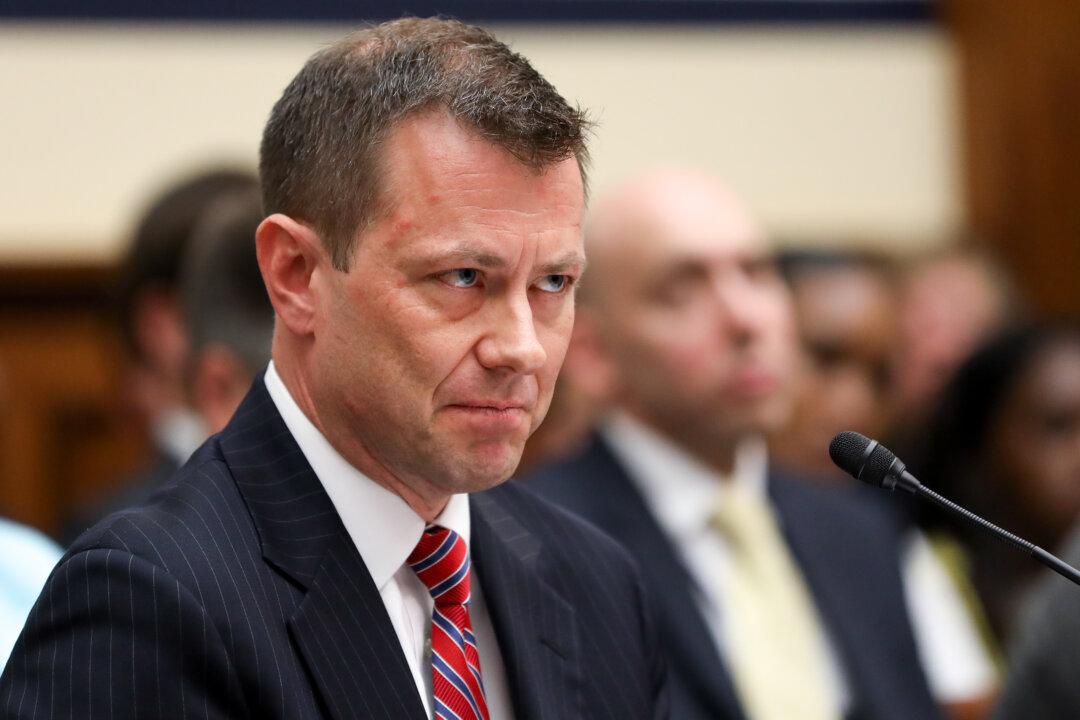News Analysis
The FBI investigation of the Trump campaign for alleged collusion with Russia didn’t start the way former high-level FBI official Peter Strzok portrayed it during a recent CBS News interview, available records show.


The FBI investigation of the Trump campaign for alleged collusion with Russia didn’t start the way former high-level FBI official Peter Strzok portrayed it during a recent CBS News interview, available records show.